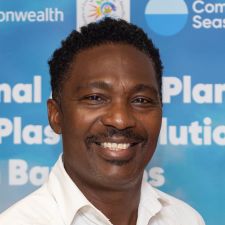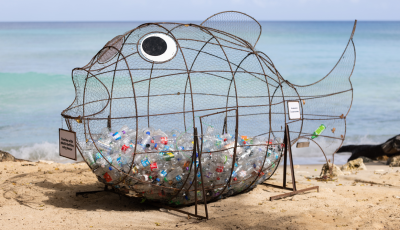
Reducing plastic pollution in Barbados
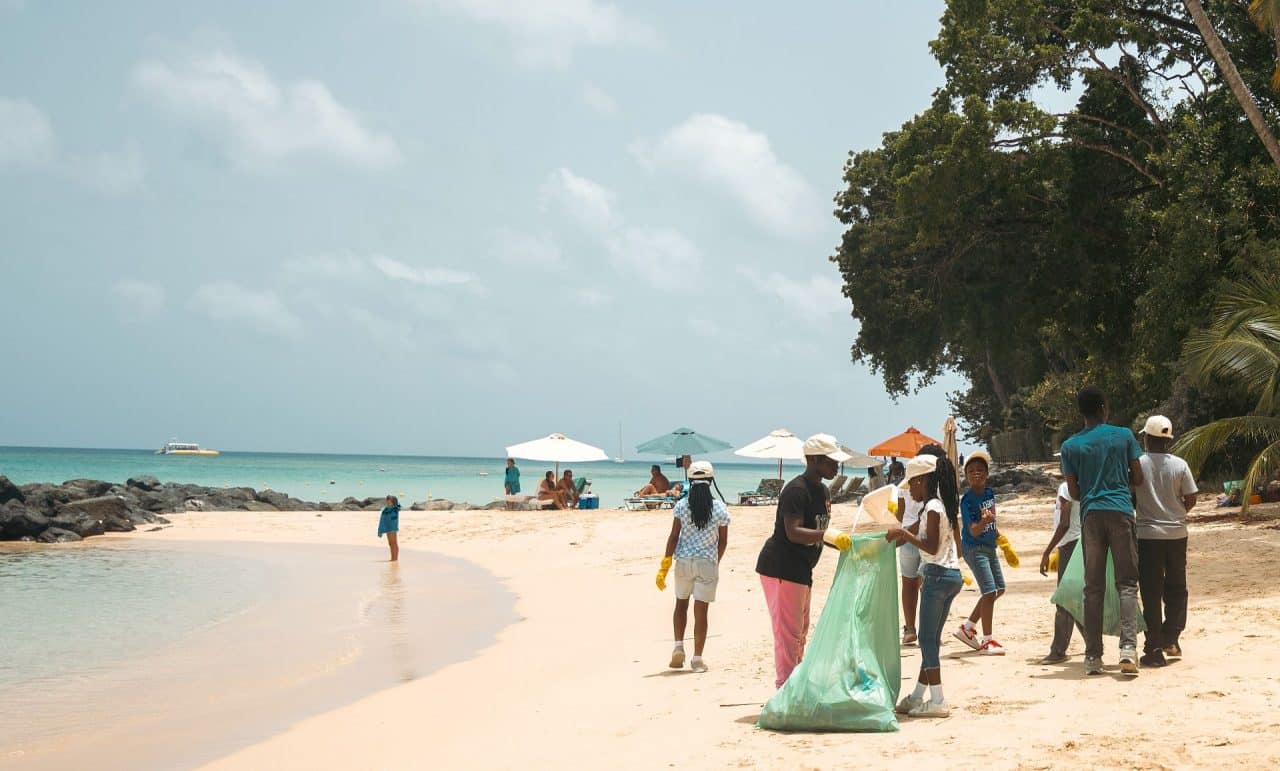

“When I first came to Barbados, I met with our local partner Che over a cutter sandwich… not in a meeting room, but by the sea. That’s how it often starts here: conversations rooted in community, close to the coastline we’re working to protect.
Plastic pollution is a growing challenge, but together with our local and government partners, we’re working together to build a National Action Plan this is practical, ambitious, and truly homegrown, helping to protect what makes Barbados so special.”
Carla Worth, project lead.
The plastic challenge in Barbados
14,682 tonnes
of plastic waste was generated in 2021, 0.41kg per person
12,300 tonnes
of plastic waste goes to landfill, rising to 13,408 tonnes by 2033
131 tonnes
of macroplastics and 177 tonnes of microplastics entered the sea in 2021
Five policies to reduce plastic pollution by 73%
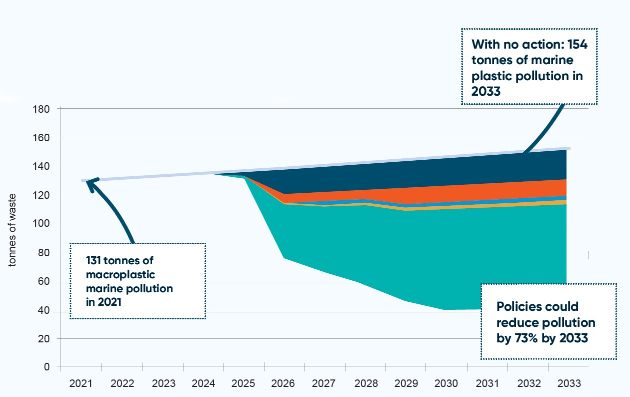
- Single-use bottles
- Single-use plastic bags
- Other single-use plastic items
- Implement source separation and Extended Producer Responsibility
- Downstream measures

"I extend my heartfelt gratitude to Common Seas... Their expertise and commitment have been instrumental in shaping a comprehensive strategy that addresses the unique challenges and opportunities we face."
Hon. Adrian Forde, Barbados Minister of Environment, National Beautification, Green and Blue Economy
A conversation with our local partner
Our partners
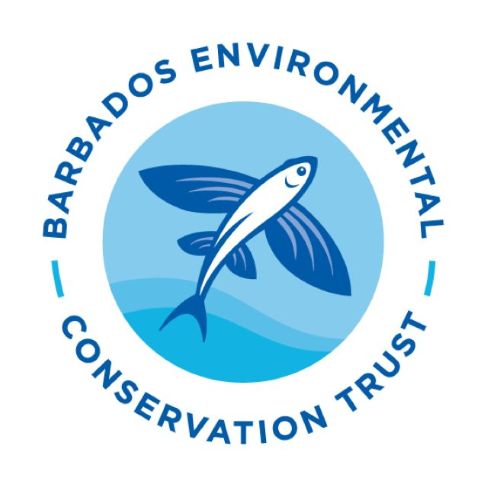

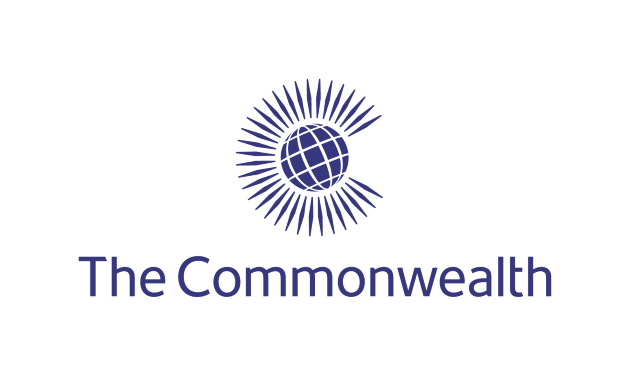
Our supporters
Our work in Barbados was co-funded by the Commonwealth Secretariat’s Blue Charter Project Incubator Fund.
The Project Incubator supports Commonwealth governments and their partners developing solutions that address shared ocean issues. The Incubator accelerates governments’ transition to fair, sustainable and inclusive marine conservation and maritime development, while mitigating and adapting to climate change.
Find out more


New Barbados National Action Plan, co-developed with Common Seas, could reduce the country’s plastic pollution by 73% over the next 10 years
Read post

